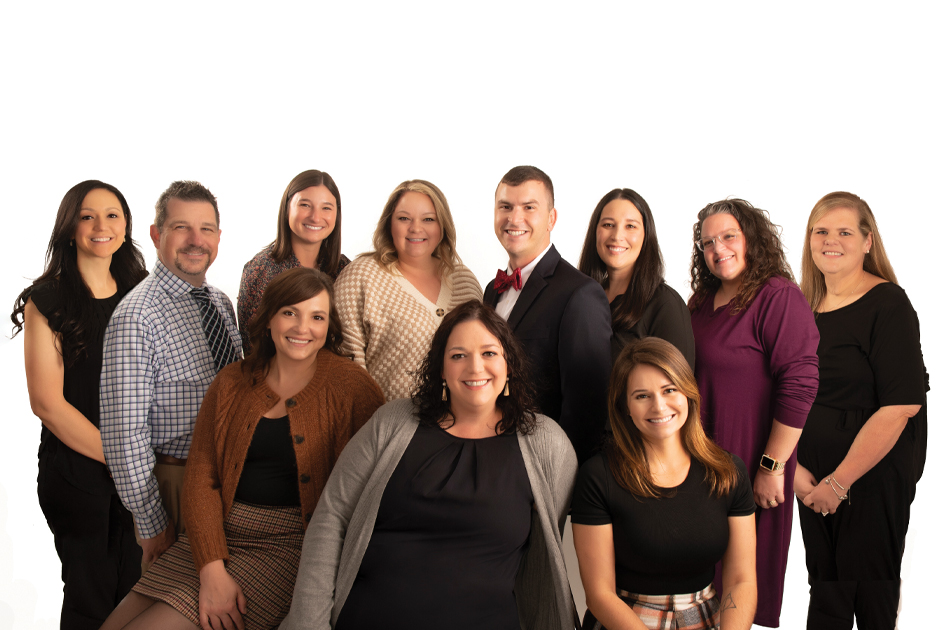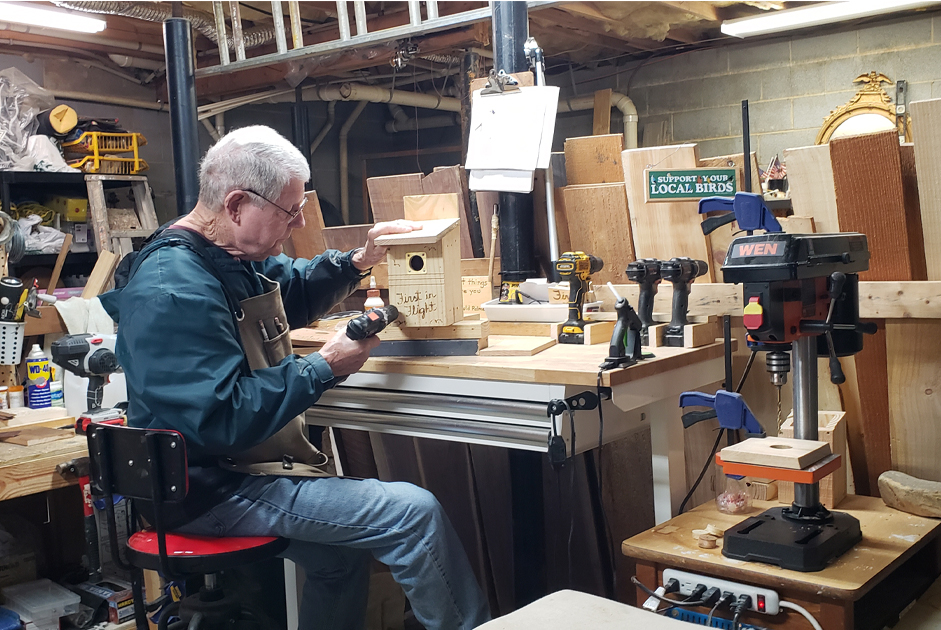BY JEN OLENICZAK BROWN
We’ve all heard of unemployment, especially during 2020. That word seems to pervade every single conversation about work, careers, and the economy these days. What about underemployment? Underemployment can look two different ways: it could be working part-time when desiring (and searching for) full-time work, or it could be having a specific skill set for a position or career and using little to none of those skills in a current position.
According to the Bureau of Labor Statistics, underemployment is measured by a count of workers who have part-time jobs but want full-time jobs – before the pandemic, we were looking at almost four million workers who were underemployed by this standard, which is often referred to as semi-unemployment. Take that number, add in the folks that are working in fields that have nothing to do with their training (and desired work, remember that’s important!) and you have a lot of people stuck in this statistic. What makes things even worse? Women are more likely to be underemployed than men.
What do we do when we find ourselves underemployed? There are a few big jumping-off points to build skills in this time of uncertainty while we’re waiting – or looking! – for our next move:
Do You Qualify?
And I don’t mean for the job you’re looking for! If you were working full-time and now are part-time because of reasons outside of your control, you can look into unemployment. You might not qualify depending on your situation, but it never hurts to look into assistance, especially if you need financial help!
Check Your Skills
Do a quick look at your skill set – do you want to go into a position that uses your current skills, or do you want to develop more? Which skills are “keepers,” and which ones are those that you had to learn to stay alive at this job, and you’d rather not use – or things you went to school for that you’re transitioning out of? And how can you pivot those skills to a new profession and – this is important, especially for my liberal arts audience – if you went to school for theatre, music, dance, fine art, or other areas that you might not be directly working in (theatre major here!), pull out the skills that you can apply in everyday life, whether that is public speaking, project management (Have you ever organized a group of actors for a show? Trust me, it’s harder than many project management jobs I’ve done!), event management or coaching. The skills you honed are not useless, even if you don’t use them now!
What about skill BUILDING?
How can you take time out of your current position to focus on skills you will need to get out of underemployment? Start focused and small: make a list of skills you want to focus on – from tech to public speaking – and take one at a time. Make a one to ten chart – one being where you are now and ten being where you want to go. Then come up with a plateau for each number. For example, maybe one in regards to public speaking is “nervous and anxious,” and ten is “confident without filler words.” Figure out what two, three, four, and more are – and work on those skills one step at a time. If you try to do a major skill build all at once or try to build multiple skills at the same time, you’re going to end up feeling frustrated with your lack of progress. Slow and steady build a lasting race.
Dig In
Are there skills you can build or refine in your current job? Maybe some extra tasks you can tap into or shifts you can pick up that might refine your skills further? Don’t discount things you can develop in your current position while you’re waiting for your next best thing.






















